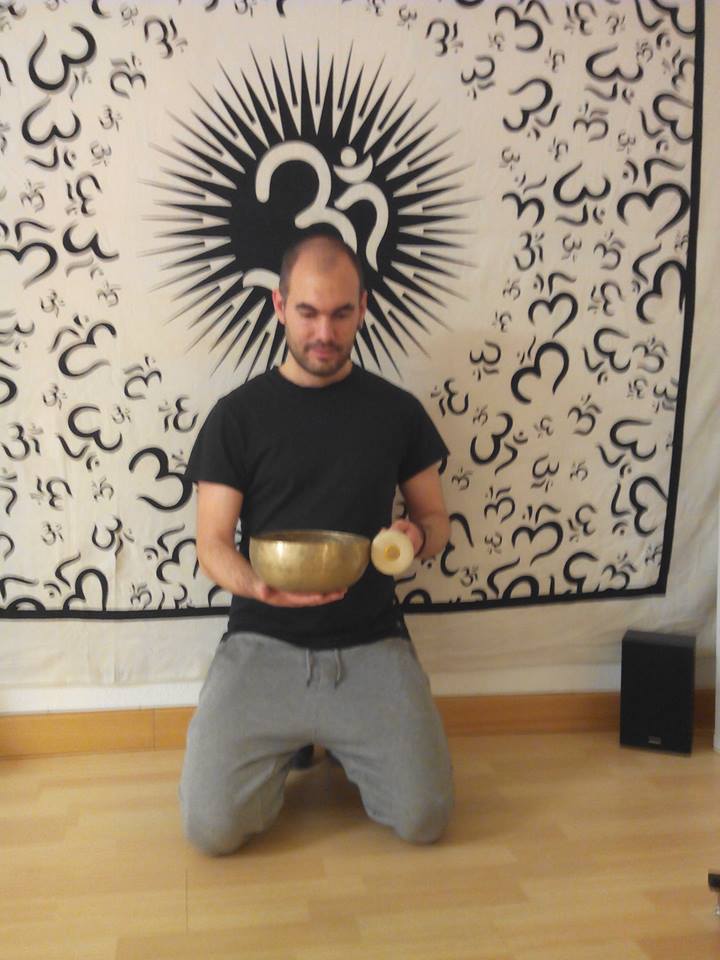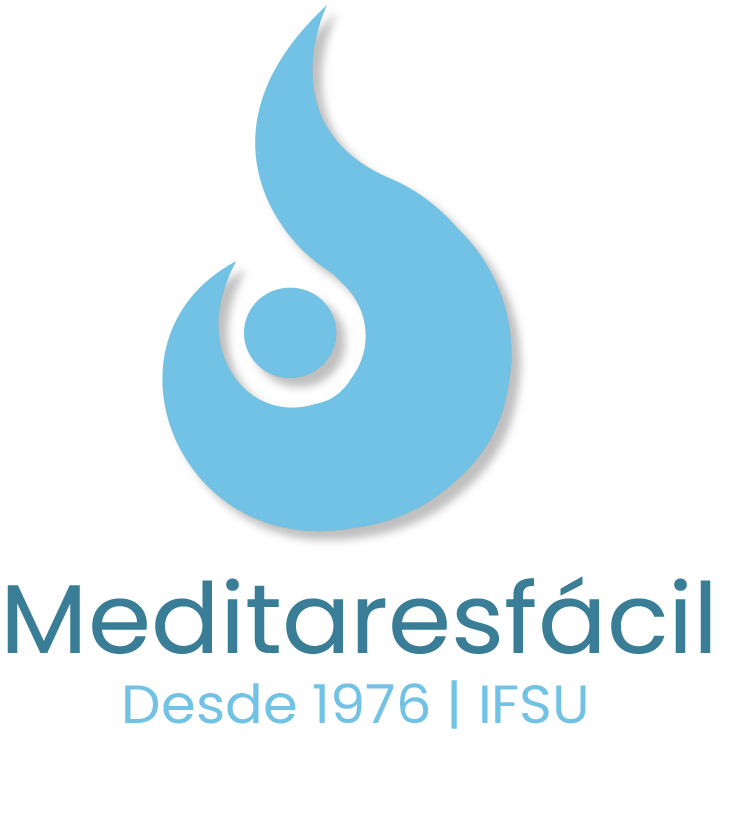"Meditar es Fácil"
APRENDE A MEDITAR
Expandiendo la meditación en la sociedad formando nuevos profesores e integrando las prácticas en la educación para un futuro mejor.
En nuestros cursos gratuitos encontrarás nuevas y mejores formas de afrontar tus problemas actuales y prevenir la llegada de nuevos problemas.
¿QUIÉNES SOMOS?
La IFSU tiene como uno de sus fines enseñar técnicas de meditación y mindfulness diseñadas de forma individualizada para cada persona de acuerdo a sus necesidades psicológicas y fisiológicas. Enseñamos el método PoU, diseñado por Gururaj Ananda Yogi y que contiene todos los elementos de los protocolos MBSR y MBCT.
FORMACIÓN PROFESORES
Formamos a profesores certificados de meditación y mindfulness a través de un programa de 390 horas durante tres años. Registrado en el Ministerio de Educación.
DESCUBRE NUESTRA COMUNIDAD
Comunidad de meditación y mindfulness para compartir experiencias y conocer gente nueva. A qué estas esperando forma parte de una comunidad que ama las técnicas de atencón plena.
Descúbre nuestros Profesores
La Sociedad Española de Meditación mantiene desde el año 1976 un programa de formación para profesores de meditación.






Nuestros Programas
Nuestros programas cubren todas las áreas necesarias para el desarrollo del corazón y la elevación de la vida diaria.

Householders
Sigue un programa de meditación y prácticas espirituales adecuado para hombres y mujeres trabajadores con responsabilidades familiares.

Formación Certificada
Conviértete en profesor certificado con un programa de créditos reconocido en 12 países.

Colegios Mindfulness
Formación y asesoramiento para implementar la meditación y el mindfulness en el ámbito escolar.

Circulo Amable
Conectando con otros – conectando con nosotros mismos

Arte & Cultura
Cursos, talleres y eventos de Arte y Cultura.

Yoga & Bienestar
Clases de Yoga para lograr hábitos saludables en el día a día y tonificar el cuerpo de forma segura y sana.
Nuestros cursos y actividades
Nuestros cursos y actividades cubren todas las áreas necesarias para el desarrollo del ser.

Retiros
Retiros presenciales tanto en el ashram de Asturias como diferentes lugares a nivel nacional.

Cursos
Cursos guiados por profesores expertos para introducir la meditación en tu vida.

Actividades
Actividades diversas afines a la meditación ofrecidas por diferentes profesores.
Contacta con nosotros
Gracias por ponerte en contacto con nosotros. Nos pondremos en contacto lo más pronto posible. Namaste
+34 686 375 095
Horario de atención al cliente 10 am – 7 pm
El Cogullon, 32, 33414 Candamo, Asturias
Fundación International Foundation for Spiritual Unfoldment. Registrada en el Mº de Educación con el numero 1347EDU y CIF G74274713


